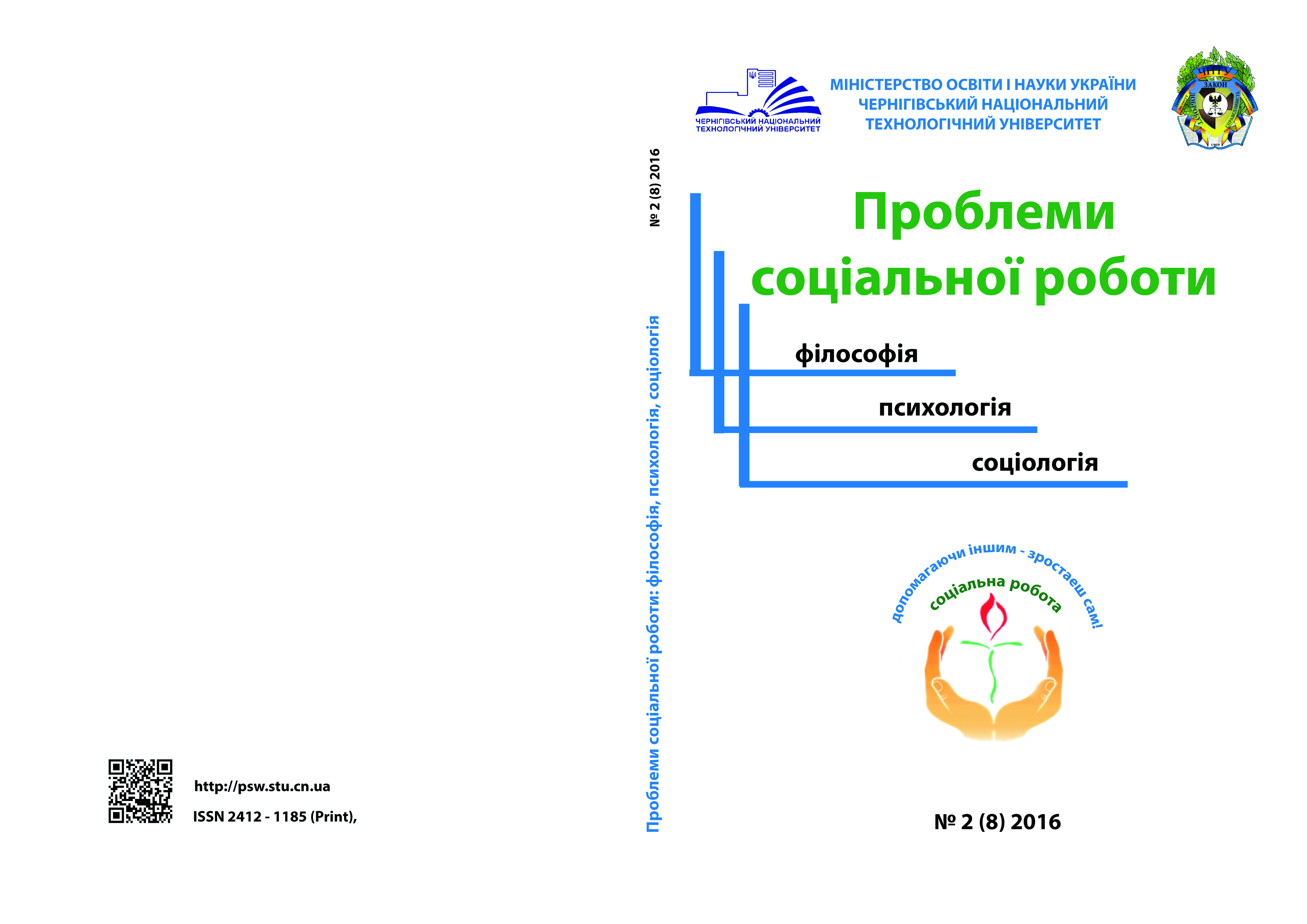THE REALISM OF SCIENTIFIC TRUTH IN BERTRAND. RUSSELL’S PHILOSOPHY
Keywords:
truth, semantics, sense, value, fact, correspondenceAbstract
The problem of truth in Russell`s systems are investigated. The article investigates some aspects of correspondence theory of truth. The author proposes the arguments that defines the specifics it in the context of modern epistemology. Ways of representation of the correspondence theory of truth, the causes of the crisis in its perception and evaluation are analyzed. The author deduces that truthfalsehood opposition is presented in their works in its classical variant. The possibility of analysis of true meanings in ordinary and artificial language is investigated. In the paper the author shows an important role of the theory of truth in formation and development of Russell’s philosophy. The author deduces that Russel l’s model recreates Frege’s ideas in terms of la nguage representing extra-linguistic sphere and relation between name and reference being equivalent. In the context of such model, a human acts as an actor whose acts of knowledge through encounter are means to define the references of names. There is a universal language, the logical analysis of which can be used to resolve metaphysical problems and that complements the only possible world, the structure of which is identical to the structure of language. According to British philosopher, logical analysis would be auspicious for philosophy only under the condition of examining the scientific ontology that can align with the linguistic means of analysis. In order to create the perfect language, the ordinary language should be altered in a way to avoid references to unclear entities, eschew contradictory and false descriptions. Thus, the necessity for a proposition to be true would equal the necessity for it to be real. Such view of the correlation between logic and ontology is based on Russell’s assumption of atomistic, discreet structure of the world. According to this theory, the world is constituted by atoms (particulars or individuals), among which Russell distinguishes also facts expressed in the form of propositions. Depending on the whether a given proposition corresponds to a fact, it can be either true or false. Marcus points out that Russell reconsidered his views on atoms quite often and quite substantially. Hence, the mere assumption of the reality of such entities as propositions, their abstract qualities, and relations can apparently actualize the Platonic type of realism. Only after taking into account the counterarguments proposed by Ludwig Wittgenstein 1, Russell finally denies abstract entities their ontological status. 2 In terms of epistemology, Russell described his position as analytic empiricism. It is also necessary to note that the notion of experience was one of the key points of Russell's philosophy. However, the interpretation of this concept is rather wide since, according to the British philosopher, the source of any experience lies in the intermediate perception. The author argues that Russell is a supporter of the realist paradigm in analytic philosophy.References
Брэдли, Ф. Этические исследования / Ф. Брэдли. – СПб : РХГА, 2010.
Неретина, С. Пути к универсалиям / С. Неретина, А. Огурцов. – СПб : Изд-во РХГА, 2006.
Рассел. Б. Математическая логика, основанная на теории типов / Б. Рассел // Введение в математическую философию. – Новосибирск : Сибирское университетское изд-во, 2007.
Рассел, Б. Проблемы философии // Джеймс У. Введение в философию; Рассел Б. Проблемы философии. – М. : Республика, 2000.
Рассел, Б. Философия логического атомизма / Б. Рассел. – Томск : Водолей, 1999.
Рассел, Б. Философский словарь разума, материи и морали / Б. Рассел. – К. : Port-Royal, 1996.
Рьод, В. Шлях філософії: ХІХ-ХХ ст. / Рьод В. – К. : Дух і літера, 2010.
Dummett, M. Truth and other enigmas / M. Dummett. – London: Duckworth, 1978.
Marcus, R. On some post-1920s views of Russell on particularity, identity, and individuation / R. Marcus // Marcus R. Modalities : Philosophical Essays. – Oxford university press, 1995.
Monk, R. Was Russell an analytical philosopher? / R. Monk // The rise of analytic philosophy / Ed. by H.-J. Glock. – Oxford : Blackwell Publishers, 1997.
Downloads
Issue
Section
License
Copyright (c) 2017 Chernihiv National University of Technologies

This work is licensed under a Creative Commons Attribution-NonCommercial 4.0 International License.
1. Політика, яка рекомендується журналам, що пропонують відкритий доступ Автори, які публікуються у цьому журналі, погоджуються з наступними умовами:- Автори залишають за собою право на авторство своєї роботи та передають журналу право першої публікації цієї роботи на умовах ліцензії Creative Commons Attribution License, котра дозволяє іншим особам вільно розповсюджувати опубліковану роботу з обов'язковим посиланням на авторів оригінальної роботи та першу публікацію роботи у цьому журналі.
- Автори мають право укладати самостійні додаткові угоди щодо неексклюзивного розповсюдження роботи у тому вигляді, в якому вона була опублікована цим журналом (наприклад, розміщувати роботу в електронному сховищі установи або публікувати у складі монографії), за умови збереження посилання на першу публікацію роботи у цьому журналі.
- Політика журналу дозволяє і заохочує розміщення авторами в мережі Інтернет (наприклад, у сховищах установ або на особистих веб-сайтах) рукопису роботи, як до подання цього рукопису до редакції, так і під час його редакційного опрацювання, оскільки це сприяє виникненню продуктивної наукової дискусії та позитивно позначається на оперативності та динаміці цитування опублікованої роботи (див. The Effect of Open Access).


